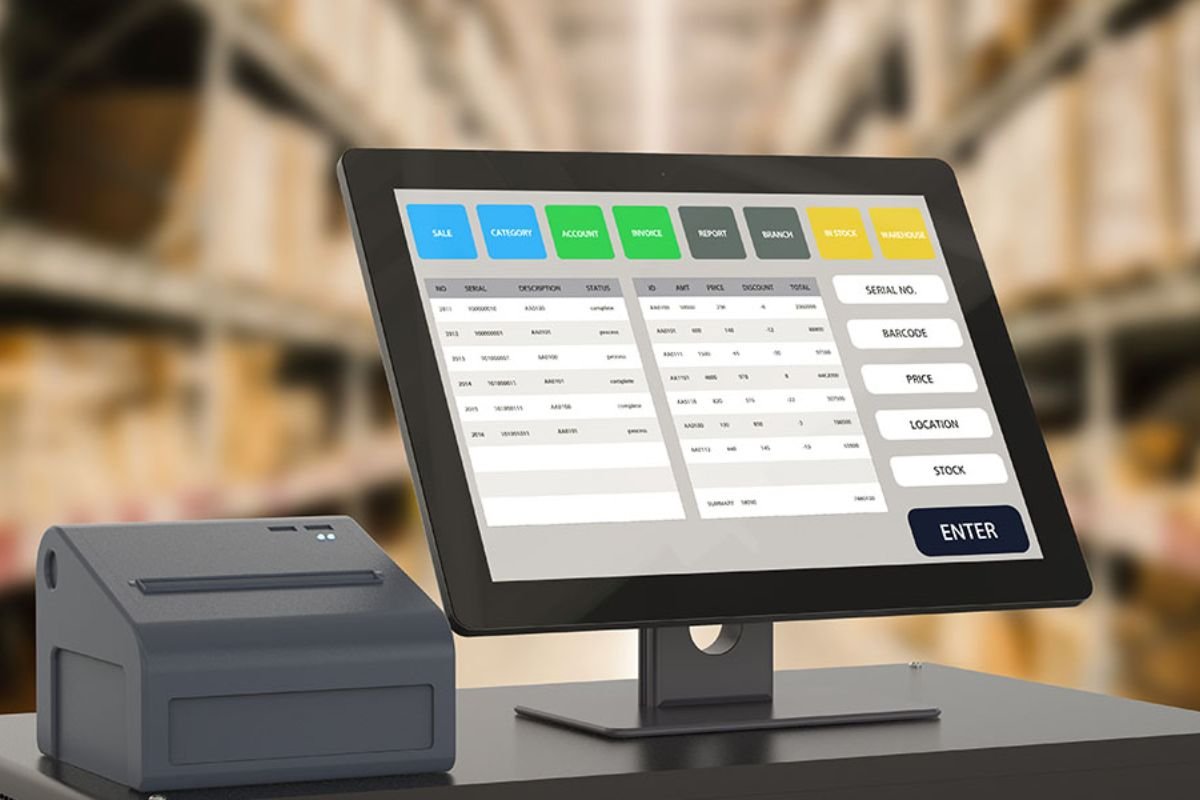The world of project management is undergoing a profound transformation, driven by the relentless wave of digital innovation. As businesses and organizations increasingly embrace digital technologies, project management is evolving to keep pace with these changes. In this article, we’ll explore the significant impact of digital transformation on project management and how it is reshaping the way projects are planned, executed, and delivered in today’s fast-paced and interconnected world.
Methods to revolutionaize project management in digital transformation
1. The Digital Transformation Landscape
Digital transformation is the strategic use of digital technologies to create innovative solutions, enhance operations, and improve customer experiences. It involves a fundamental shift in the way organizations conduct their business and is marked by the adoption of technologies like cloud computing, artificial intelligence, big data analytics, the Internet of Things (IoT), and automation.

In the context of project management, digital transformation is revolutionizing the entire project lifecycle, from initiation to closure. Let’s delve into the key ways in which digital transformation is making its mark in this field.
2. Enhanced Collaboration
Digital transformation has ushered in a new era of collaboration in project management. Cloud-based collaboration tools and platforms enable team members to work together seamlessly, regardless of their physical location. Project teams can access and share information in real-time, fostering improved communication, knowledge sharing, and overall collaboration. The best idea management software enables teams to easily collect, organize, and prioritize ideas, fostering innovation and efficient decision-making.
These digital collaboration tools include project management software, video conferencing platforms, and document-sharing applications, which help in efficient resource allocation, problem-solving, and decision-making. Collaboration is no longer limited to team members in the same office but extends across geographies and time zones.
3. Data-Driven Decision-Making
The availability of vast amounts of data is transforming project management into a data-driven discipline. Project managers can now leverage data analytics to gain deeper insights into project performance, identify potential risks, and make informed decisions. This allows for more accurate forecasting, improved resource allocation, and a better understanding of project trends.

Digital dashboards and reporting tools provide project managers with real-time data visualizations, making it easier to monitor key performance indicators (KPIs) and track progress. Data-driven decision-making is instrumental in mitigating risks and optimizing project outcomes.
4. Agile Methodologies
Digital transformation has facilitated the adoption of agile methodologies in project management. Agile approaches, such as Scrum and Kanban, emphasize flexibility, collaboration, and adaptability. They allow project teams to respond to changing requirements and customer feedback more effectively.
With agile methodologies, projects are divided into smaller, manageable phases or iterations, ensuring that teams can deliver value incrementally. Digital tools and platforms enable teams to plan, execute, and monitor agile projects with ease. This approach has become particularly crucial in industries with rapidly evolving requirements, such as software development and product design.
5. Automation and AI
Automation and artificial intelligence (AI) have revolutionized project management by streamlining repetitive tasks and augmenting decision-making processes. Robotic process automation (RPA) is used to handle routine administrative tasks, reducing the risk of human error and freeing up valuable time for project managers.
AI-driven tools can analyze data to predict project outcomes and highlight potential issues. Chatbots and virtual assistants can provide instant support and answers to project team members. By automating time-consuming tasks and offering intelligent insights, these technologies enable project managers to focus on strategic activities.
6. Remote Work Management
The digital transformation has brought remote work into the mainstream, reshaping how project teams collaborate and manage projects. With the advent of cloud-based project management tools and virtual communication platforms, teams can operate efficiently from various locations.
Project managers need to adapt to the challenges and opportunities that come with remote work. They must ensure clear communication, maintain team morale, and implement effective remote project management strategies. This shift toward remote work is expected to persist beyond the current global circumstances, emphasizing the importance of digital tools for virtual team management.
7. Improved Risk Management
Digital transformation has elevated the practice of risk management in project management. With access to historical project data, advanced analytics, and predictive modeling, project managers can better identify potential risks and develop strategies to mitigate them.

Furthermore, digital tools enable the automation of risk assessment processes, making it easier to assess and respond to risks in real-time. Risk management is no longer a standalone phase but an integral part of project planning and execution.
8. Resource Optimization
Digital transformation has facilitated resource optimization in project management. Project managers can use digital tools to allocate resources more efficiently, balance workloads, and avoid resource bottlenecks. This results in cost savings and improved project timelines.
Resource management software allows project managers to match the right skills with the right tasks, ensuring that the project team operates at peak efficiency. The ability to optimize resources has a direct impact on project success and overall profitability.
Effective project cost control strategies involve meticulous budget monitoring and proactive risk management to ensure expenditures remain within forecasted limits. Implementing robust cost estimation techniques and employing value engineering principles are integral components of successful project cost control strategies.
9. Continuous Monitoring
Digital transformation has made continuous project monitoring a reality. With real-time tracking, project managers can identify and address issues as they arise, rather than waiting for scheduled status updates. This level of monitoring ensures that projects stay on track and within budget.
Digital project management tools offer features like Gantt charts, project dashboards, and automated alerts, enabling project managers to keep a close eye on project progress. This continuous monitoring helps in identifying deviations from the plan and implementing corrective actions promptly.
Conclusion
Digital transformation has ushered in a new era of project management, reshaping the way projects are conceived, executed, and delivered. With enhanced collaboration, data-driven decision-making, agile methodologies, automation, and AI, project management is more efficient and effective than ever before. It’s essential for organizations and project managers to embrace these digital advancements to stay competitive and deliver successful projects in an increasingly interconnected world. As the digital landscape continues to evolve, so too will the practices and methodologies of project management, ensuring that the future of project management remains innovative and adaptable.






